Inessential Shakespeares
Inessential Shakespeares:
Contingency, Necessity, and Marginalization in Early Modern Drama
Editors of a special issue of Shakespeare edited by Danielle Rosvally (University at Buffalo) and Sarah Neville (Ohio State University) scheduled for Fall 2024 seek papers of 4,000-6,000 words on the topic of “Inessential Shakespeare: Contingency, Necessity, and Marginalization in Early Modern Drama.”
What works of Shakespeare – and which Shakespearearans – are considered “essential”? Who gets to count? What gets to count? And who gets to do the counting? Shakespeare is an omnipresent and overdetermined figure in Western drama, but the COVID-19 pandemic has given many – theatre companies, academic organizations, curricular overseers – the opportunity to re-engage with questions of essentialism that have structured the study of his plays from the very beginning. Since the publication of the first folio in 1623, Shakespeare’s editors have made self-perpetuating judgment calls determining which of his plays are authoritative which are not. Such judgments have since been endorsed by editors who have further winnowed collected works editions down to a selection of most “important,” “significant,” or “popular” plays, limiting how audiences read and experience Shakespeare. Taking their cue from these edited collections, Shakespeare pedagogues, performers, and scholars generally follow suit, allowing a few chosen plays to dominate our understanding of the canon and flagrantly ignoring others. What do we lose when we attend only to narrow swathes of the canon? How can expanding the canon to include marginalized Shakespeare help us think through our current casualization of marginalized Shakespeareans? This special issue of Shakespeare will explore Shakespeare on the edge by reexamining what is considered essential as well as how it came to be that way. We are interested in papers of 4,000-6,000 words considering teaching, performance, editing, publication, and the digital humanities alongside academic labour practices, the early modern literature classroom, and/or considerations of canonicity to ultimately trouble our notions of what – and who – constitutes “essential” Shakespeare.
Please submit via the journal’s web portal (https://think.taylorandfrancis.com/special_issues/shakespeare-inessential-drama/ ) and note that the submission is for the “Inessential Shakespeares” special issue. Early and immediate submissions welcome; deadline for full consideration is March 31, 2023. To discuss potential paper ideas, please contact both editors: drosvall@buffalo.edu and neville.67@osu.edu.
Sarah Neville is a specialist in the fields of book history, textual editing, and Shakespeare in performance. She is an associate professor of English at the Ohio State University, where she also holds an appointment in the department of Theatre, Film, and Media Arts. She is an assistant editor of the New Oxford Shakespeare, associate coordinating editor of the Digital Renaissance Editions, founder and creative director of Lord Denney’s Players, and author of Early Modern Herbals and the Book Trade: English Stationers and the Commodification of Botany (Cambridge, 2022).
Danielle Rosvally works at the intersection between Shakespeare, performance, and theatrical labor as a historical phenomenon. She is a clinical assistant professor of theatre at the University at Buffalo, an actor, dramaturge, director, and fight director. Her book Value and Worth: Buying and Selling Shakespeare in New York’s Nineteenth Century is forthcoming. She is the editor, along with Donovan Sherman, of the forthcoming Arden Shakespeare volume Early Modern Liveness: Immediacy and Presence in Text, Stage, and Screen (Bloomsbury, 2023).
